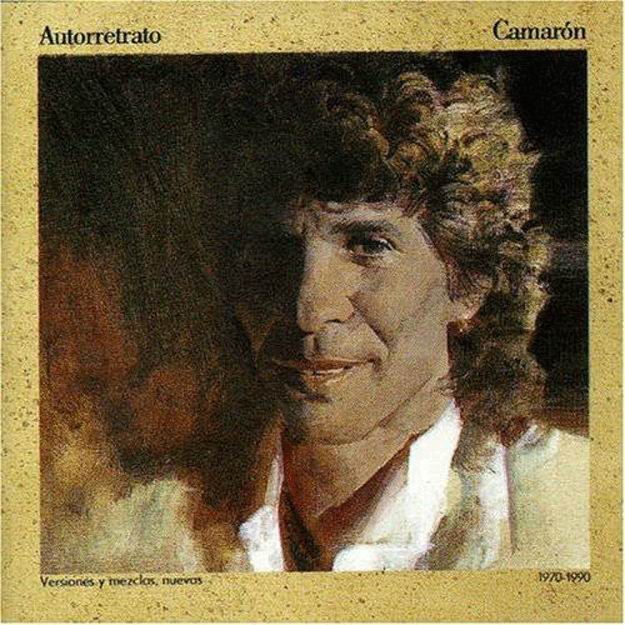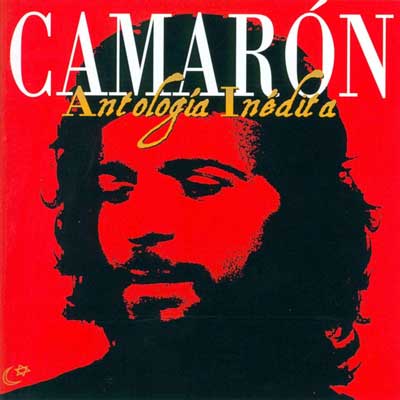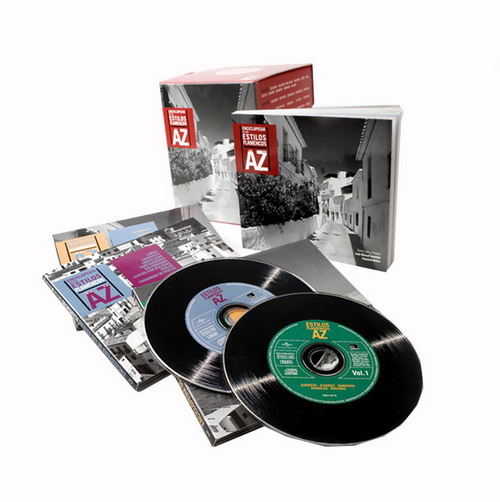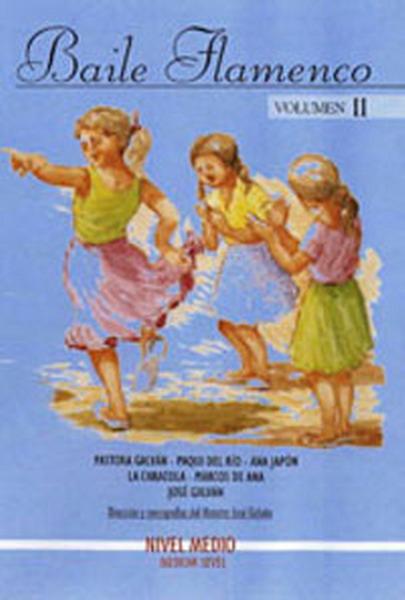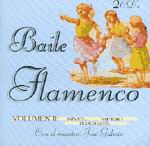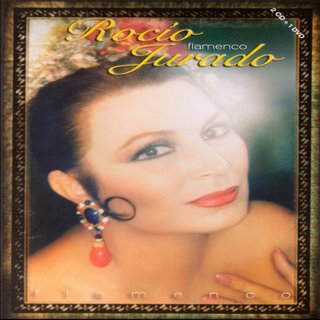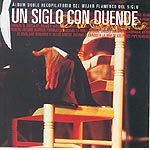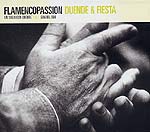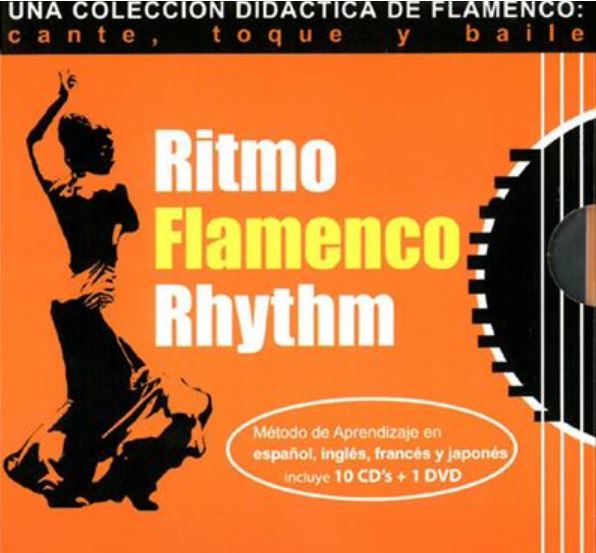- Contact |
-
Phone |
(+34) 91 542 72 51.
We’re open from Monday – Friday 10h-13:30h / 17:00-20:00h and Saturdays 10h-13:30h (GMT + 1).
In 2022, we will be closed for holidays the 1st and 6th January, 14th, 15th and 16th April, 2nd and 16th May, 25th July, 12th October, 16th August, 1st and 9th November, 6th, 8th , 9th and 26th December.
Our shop is located in Calle Campomanes nº 4, Madrid 28013 España (Ópera Metro Station) - Help |
- Price list |
- Order situation |
- Wholesalers Access
- 🚚 📦 WORLDWIDE SHIPPING ✈️ 🌍
- 🚚 📦 WORLDWIDE SHIPPING ✈️ 🌍


- Flamenco best sellers
-
All Flamenco
- Bracelets
- Braces and Belts
- Breeches and Tassels
- Brooches
- Bull-fight and Spanish Flag Handbags
- Bullfighter Outfits
- Campero Boots Valverde del Camino
- Costumes and Accessories
- Customized Products
- Flamenca Blouses
- Flamenco Costumes for kids
- Flamenco dance Tops and Bodies
- Flamenco Dolls
- Flamenco Face Masks
- Flamenco Guitars
- Flamenco percussion boxes and canes
- Flamenco Pictures
- Flamenco Shirts
- Jewellery
- Joaquín Cortés
- Manila Shawls
- Necklaces
- Posters
- Regional Shoes
- Weddings and Brides
- Guests Hats
- Souvenirs, Parties
- Didactic Material
- Music and video
-

-

- Flamenco best sellers
- Andalusian costumes
- Castanets
- Combs and Small Combs
- Fans
- Flamenca Outfits
- Flamenco Dance Outfits
- Flamenco Earrings
- Flamenco Flowers
- Flamenco Shoes
- Flamenco Skirts
- Hats
- Manila Shawls
- All Flamenco
- Bracelets
- Braces and Belts
- Breeches and Tassels
- Brooches
- Bull-fight and Spanish Flag Handbags
- Bullfighter Outfits
- Campero Boots Valverde del Camino
- Costumes and Accessories
- Customized Products
- Flamenca Blouses
- Flamenco Costumes for kids
- Flamenco dance Tops and Bodies
- Flamenco Dolls
- Flamenco Face Masks
- Flamenco Guitars
- Flamenco percussion boxes and canes
- Flamenco Pictures
- Flamenco Shirts
- Jewellery
- Joaquín Cortés
- Manila Shawls
- Necklaces
- Posters
- Regional Shoes
- Sales
- Short Boots
- Small Shawls
- Spanish Aprons
- Spanish flags
- Spanish Gifts
- Spanish Hats
- Stickers and Adhesives
- Sticks
- T-shirts
- Veils (Spanish mantillas)
- Zahones
- Weddings and Brides
- Bridal Combs
- Bridal Jewelry
- Bridal Veils
- Brooches for wedding veils
- Bun hair pins
- Flowers for bride
- Wedding Fans
- Wedding music
- Guests Hats
- Design Earrings
- Floppy Hat
- Floral Crown
- Guest Headband
- Guest headdress
- Party clutches, Guest clutches, Mini Bag
- Straw boater for Women
- Top Hat for Women
- Souvenirs, Parties
- Flamenco-Spain.com
- Didactic Material
- Books
- Classes for Beginners
- Didactic DVD & Video
- Flamenco Didactic CDs
- Flamenco Metronomes
- Flamenco Step by Step: Adrián Galia
- Manuel Salado: Flamenco Dance, Flamenco Guitar and Tap
- Oscar Herrero
- Scores and Sheet music
- Solo Compás
- Music and video
- CD. Flamenco music
- DVD
- Videos
-
 Whatsapp
Whatsapp
- Our address:
- Calle Campomanes, 4, 28013, Madrid
- See map
- E-mail:
- flamencoexport@flamencoexport.com
- Phone:
(+34) 91 542 72 51.
We’re open from Monday – Friday 10h-13:30h / 17:00-20:00h and Saturdays 10h-13:30h (GMT + 1).
In 2022, we will be closed for holidays the 1st and 6th January, 14th, 15th and 16th April, 2nd and 16th May, 25th July, 12th October, 16th August, 1st and 9th November, 6th, 8th , 9th and 26th December.
Our shop is located in Calle Campomanes nº 4, Madrid 28013 España (Ópera Metro Station)

Bamberas
It is an 'aflamencado' folkloric style. Originally, it comes from the countryside. It is a song with verses of eight syllabes each. The 'bambera' is one of the best examples of 'aflamencamiento' ever. It has been known as a flamenco song thanks to la Niña de los Peines who recorded it and made it become popular. Then, la 'bambera' has been interpreted by many singers who sung it in different ways but always keeping the same rythme marked by the first. In fact, Pastora is the one who named it and took the lyrics of these popular songs and who gave them a flamenco taste by adjusting them to the 'compás' of fandangos, and not to the one of the 'soleá' as many people think. Naranjito de Triana and Paco de Lucía are the ones who changed the concept of this song by changing its steps to the steps of 'la soleá por bulería', respecting the melody of Pastora. Nowadays, it is this 'compás' that is used most of the time. Lots of records of songs 'por bamberas' for the last years do not correspond to the interpretation of bambera that is sung in festivals, recitals or 'tablaos'.
Comes from: Sevilla.











